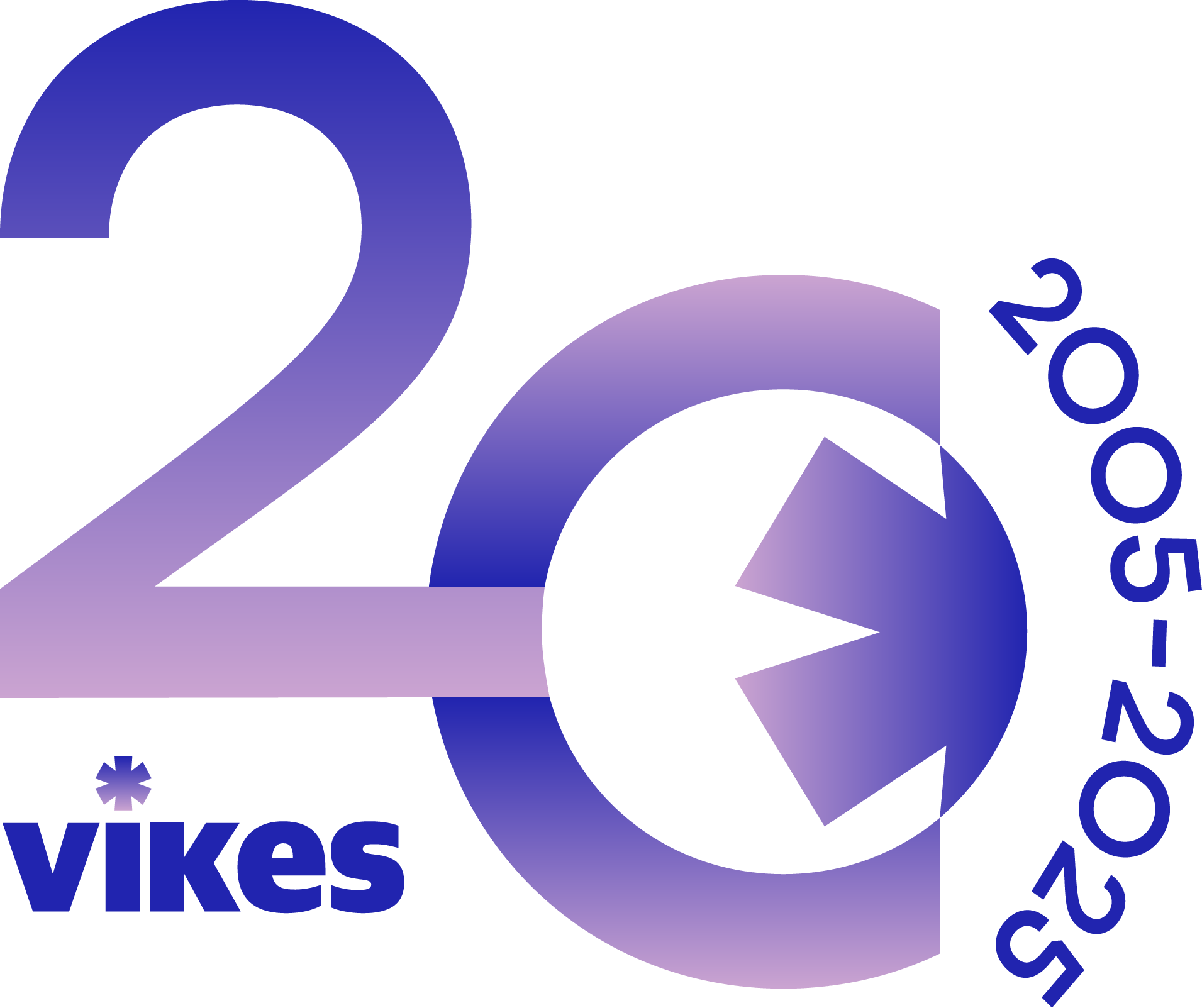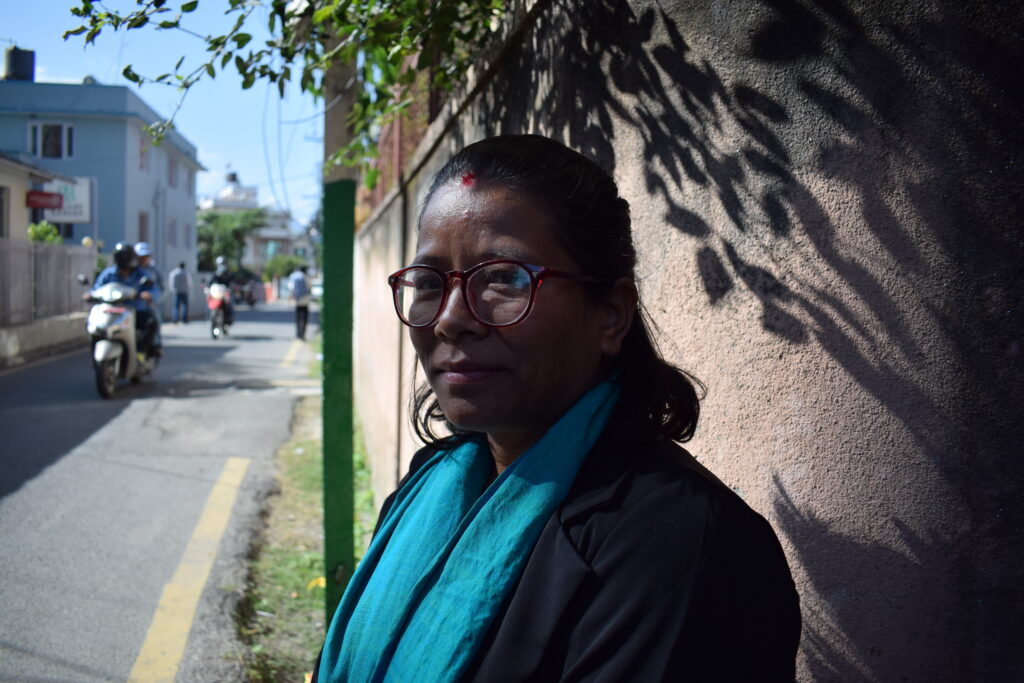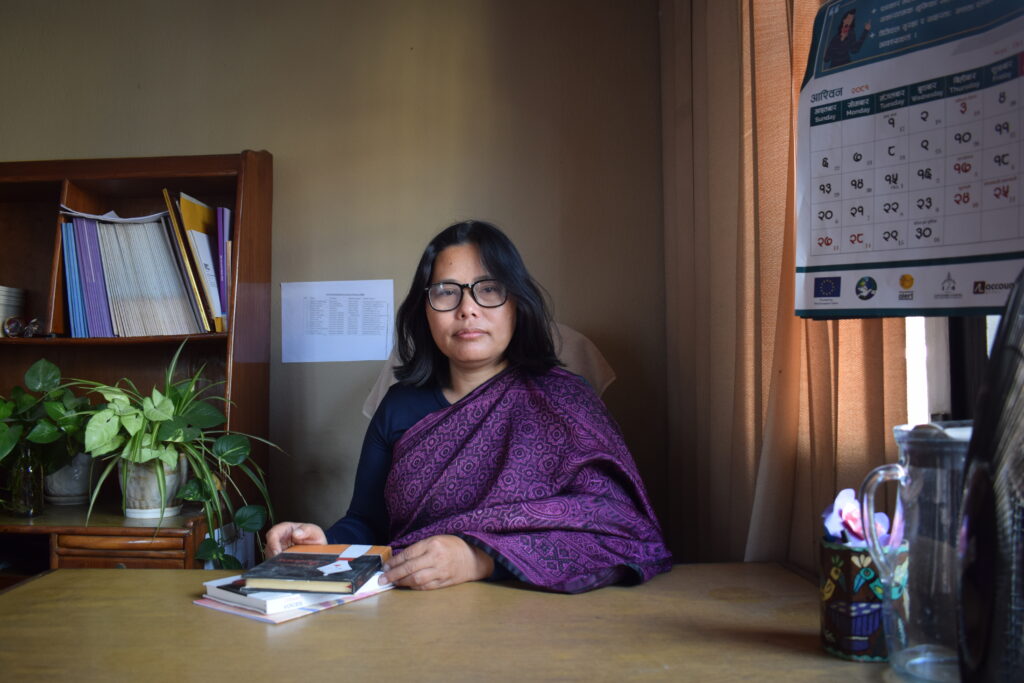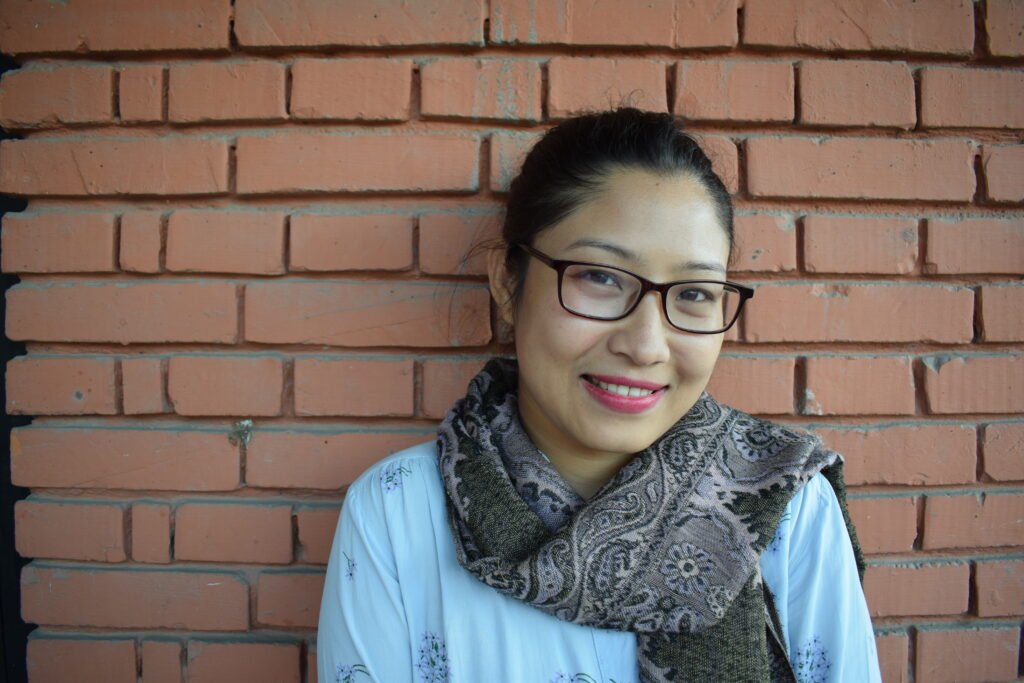Vikes’ work to promote gender equality in the media continued in 2021 with good results. The results of the advocacy work can be seen in the commitment of editors and the adoption of gender equality guidelines, the mentoring programme pilot produced good results and women journalists have stood up for their rights on social media.
In Tanzania, partners have gone into the editorial offices to talk about gender equality. Photo: MISA Tanzania Vikes’ support for women journalists in Nepal and Tanzania continued to be strong in 2021. Three partner organisations were involved in Tanzania and one in Nepal.
In Tanzania, the promotion of gender equality guidelines in the editorial offices progressed in a good spirit of support. Editorial management and staff were trained in the implementation of the policy, and a single major step forward was taken when Mwananchi, one of Tanzania’s largest dailies, committed to implementing the Gender Equality Policy in its own organisation.
In 2021, a total of 76 Mwananchi staff members participated in a training on the implementation of the Gender Equality Policy and n the impact of different workplace practices and policies on gender equality in the daily life of the organisation. The aim is to ensure that gender equality is mainstreamed in the editorial staff handbook and daily practices.
In addition to training on gender mainstreaming, the project provided training on gender-sensitive journalism. In cooperation with various media houses, 169 people participated in staff training, 51% of whom were men.
The survey carried out at the beginning of the project on the difficulties faced by women journalists continued to serve as a good lobbying tool for the partners.
Mentoring and training
In 2021, Vikes’ Tanzanian partners MCT and TAMWA launched a mentoring programme for women journalists. The journalists who took part in the programme said that the mentoring helped them to improve the quality of their work and their own work as journalists.
The programme involved 20 mentors and 15 actors, or mentees.
In addition, training sessions for women journalists were organised in both Nepal and Tanzania, with a total of 38 women journalists participating. In Nepal, CIJ experimented with distance learning for the first time, which led to a record number of female applicants. Positive feedback was also received from a course on digital tools for investigative journalism.
In Nepal, CIJ also trained directors and sub editors, which was widely praised as there are few courses available for them. 13 managers or sub editors, 10 of whom were men, took part in gender equality training. The project wants to train these “gatekeepers”, because they have a lot of power to decide what kind of stories go into the media and who does them.
Investigative journalism and radio programmes
In 2021, the project published 10 investigative, long-form stories, two in Nepal and eight in Tanzania.
In Tanzania, a promising partnership with community radio was also launched. During the year, community radio stations across the country published 54 gender-related programmes. Ten of them were broadcast on the religious Radio Adhana channel in Zanzibar, which can be considered a particular success.
In 2022, the radio partnership will continue, with a focus on audience participation and a special focus on the inclusion of women with disabilities in programming.
The partners also ran an active social media campaign, reaching 3.2 million people in Tanzania and 9,750 people in Nepal. The focus of the socia. media campaign has been to discuss and share information on gender equality and in particular sexual harassment in the media sector. A great result from Tanzania is that, in line with the targets, women have started to support each other in social media conversations.
Increased awareness
The Vikes gender equality project has now been running for three years, with the first two-year pilot starting in early 2019. A partners’ meeting at the end of 2021 discussed the impact achieved so far.
The partners’ evaluations show numerous improvements in gender equality in the media in both Tanzania and Nepal.
Newsrooms are now more aware of gender equality and understand that the Gender Equality Directive is a tool to promote equality in practice. Women journalists’ awareness of sexual harassment, particularly in Tanzania, has increased and women are more confident to speak out about discrimination and problems in public.
Journalists are more aware of gender-sensitive journalism, which is also reflected in the quality of stories – the Media Council of Tanzania’s print monitoring shows that the privately owned media in particular have made progress on gender issues. In Nepal, women are increasingly working in investigative journalism.
Women’s self-confidence and leadership skills have increased, and one woman who completed the training was appointed editor-in-chief of her magazine in Tanzania.
Partners noted that the rights of sexual and gender minorities and other minorities could gradually be addressed more in the media, depending a bit on the location and context – for example, in Nepal, the popular podcast Boju Bajai, which campaigned for the project, was interested in including sexual minority rights in its social media campaign.
According to the partners’ assessment, gender and sexual minorities could be taken into account in training courses, for example, in cooperation with expert organisations such as human rights organisations. An exception to this, however, is Zanzibar, which for cultural and religious reasons remains a significantly challenging environment in which to address sexual and gender minority issues.
All partners have plans to increase the inclusion and participation of women with disabilities. The aim of the project is to test and pilot an experiment to promote disability and gender equality in the media.



